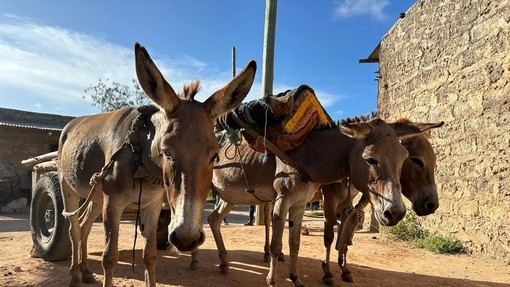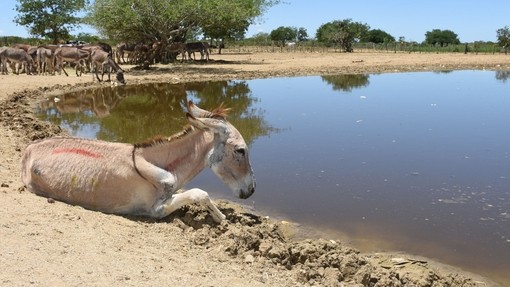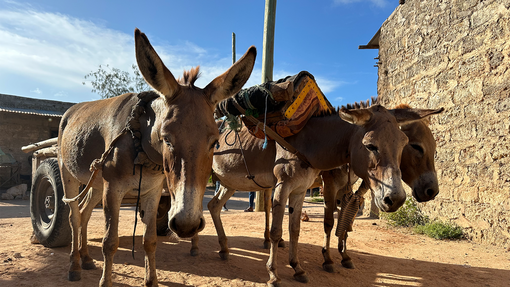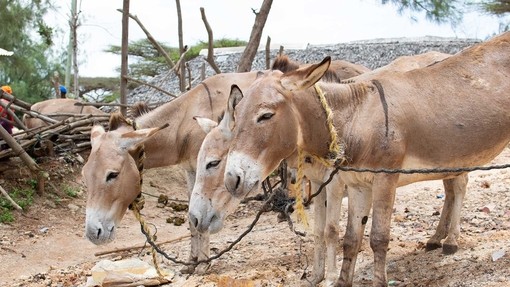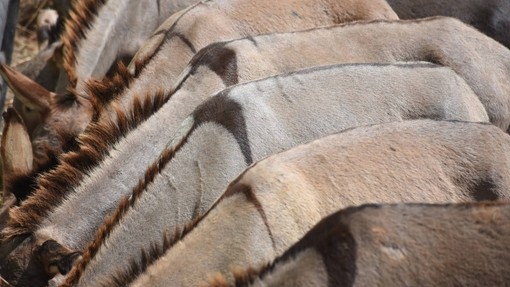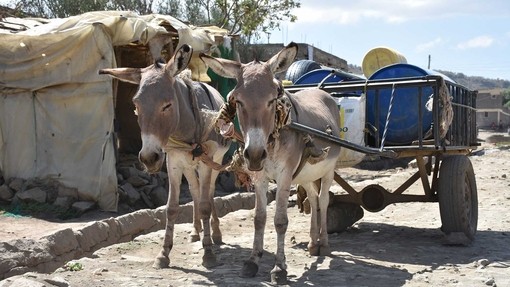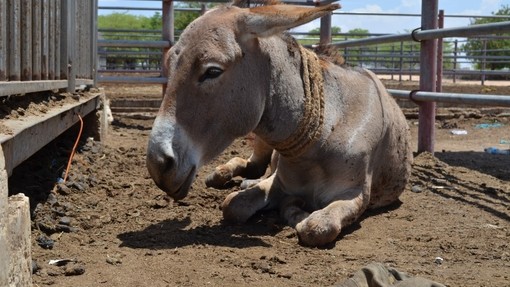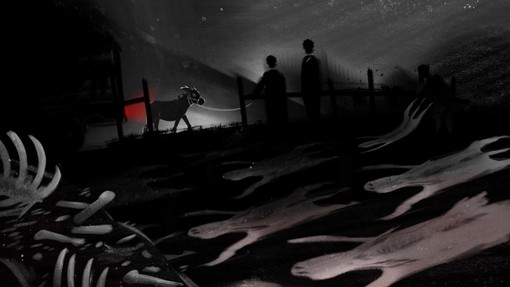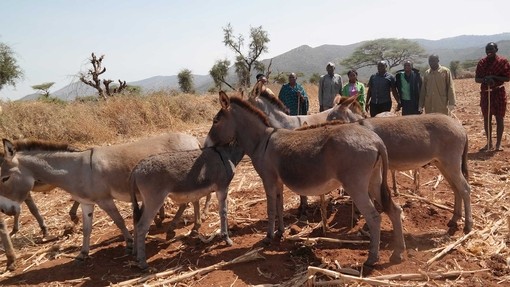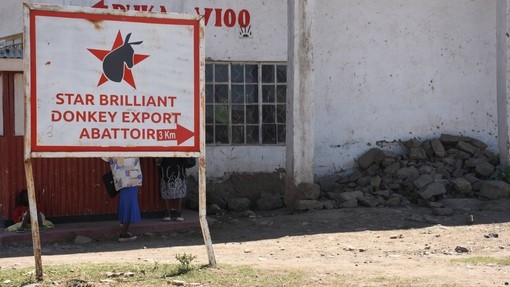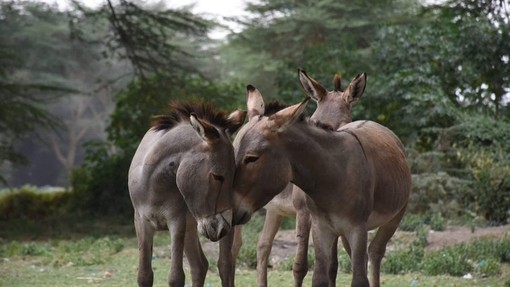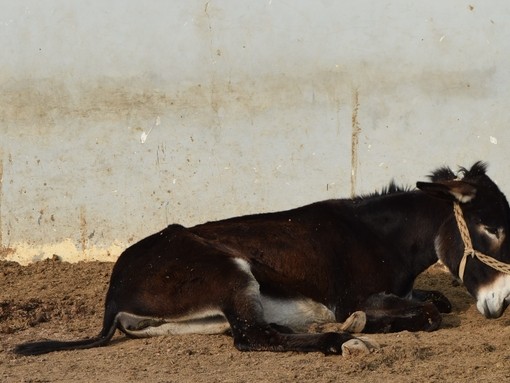
Calling for a sustainable alternative
The conference, co-hosted by Africa Network for Animal Welfare (ANAW) in collaboration with UN Environment, provided a forum for over 300 global delegates to discuss animal welfare and wildlife issues, environmental conservation and sustainable development.
The Donkey Sanctuary has been campaigning for three years to expose the skin trade, used to supply gelatin for the Chinese traditional medicine ejiao, as causing a global crisis in donkey populations.
The charity is calling for a sustainable alternative to be found in order to protect donkeys and the communities that depend on them.
The Donkey Sanctuary will shortly release an updated version of its influential report on the skin trade Under The Skin, which will detail the continuing chaos the skin trade is causing.
The conference, co-hosted by Africa Network for Animal Welfare (ANAW) in collaboration with UN Environment, provided a forum for over 300 global delegates to discuss animal welfare and wildlife issues, environmental conservation and sustainable development.
Speaking at the conference, The Donkey Sanctuary Campaigns Manager, Simon Pope, said: “Never before have donkeys faced such a level of threat to their survival. Numbers in some countries have collapsed due to the relentless demand in China for donkey skins to produce ejiao, claimed by some to have medicinal properties.
“These vitally important animals experience appalling suffering in the global trade, often transported long distances without food, water or rest only to be illegally slaughtered, in often brutal conditions, for their skins. This is creating a crisis we cannot ignore.” Donkeys support the livelihoods of an estimated 500 million people in some of the world’s poorest communities. They transport goods to market, carry water and food, provide access to education and are a vital source of income for vulnerable communities, particularly women.
Ethiopia is home to an estimated 8.5 million donkeys – thought to be the largest number in any one country. Research reveals that owning a donkey in Ethiopia can mean the difference between poverty and survival for some of its poorest communities.
It is estimated the ejiao industry requires about 4.8 million donkey skins annually. With China’s own donkey herd more than halving, from 11 million in 1992 to 4.6 million in 2018, the industry has had to look outside the country to source skins. Countries in Africa, Asia and Latin America have all been targeted.
As injury and illness do not outwardly affect the quality of a skin there is no incentive to ensure the humane treatment of donkeys. Where the slaughter of donkeys and export for their skins is illegal, such as Mali, Niger and Burkina Faso, donkeys are being stolen from the communities that depend on them; they are then traded indiscriminately in defiance of national and local laws as well as cultural traditions.
Simon Pope added: “There is no excuse for the brutal cruelty we have witnessed in the trade, with donkeys arriving for slaughter with broken or severed legs, infected wounds and aborted pregnancies after days of transportation, often across borders to avoid legislation banning slaughter back home.
“The sheer number of donkeys being slaughtered in unhygienic conditions also carries a high risk of spreading disease globally; for example, increasing risks to human health from diseases such as anthrax and tetanus. The movement of donkeys across borders is also increasingly being linked to drug and animal trafficking.”
The Donkey Sanctuary CEO Mike Baker said: “We will not stand by and watch this global crisis escalate. It is more important than ever that we look towards humane, sustainable and safe alternatives such as in vitro or cellular agriculture solutions that could meet the demand for ejiao without compromising the welfare of donkeys or the millions globally who depend on them for their livelihoods.”
To date 18 countries, including Tanzania, Pakistan and Nigeria, have taken a stand against the trade in a bid to protect their national herds and curb the cruelty in the trade. The Donkey Sanctuary is working with national governments and local communities to protect their donkeys as well as bringing it to the table at the highest level of The United Nations with its advocacy work.
Help stop the slaughter
Make a donationShare this page
Tags
- News

